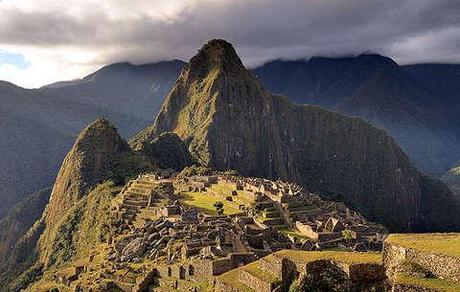
As mentioned last week, Sunday marked the 100th anniversary of the re-discovery of Machu Picchu by explorer Hiram Bingham. And while that amazing place continues to inspire travelers from across the globe, what I found even more interesting is that according to this story, there are still uncontacted tribes living less than 100km from the famous site. Worse yet, those tribes are now facing encroachment from the outside world that could threaten their way of life.
I wrote about the threats to uncontacted tribes when I posted a story about one being discovered in the Amazon a month or so back. In a nutshell, these tribes continue to live in isolation from the modern world, in the same manner that they have for hundreds of years. But now, climate change, deforestation, development and other outside forces are threatening to change their simple way of life forever.
This is exactly what is happening in Peru where the government has granted oil and gas companies access to the Kugapakori-Nahua-Nanti reserve, the home to these indigenous people. The Peruvian government says that it wants to protect these people, and their way of life, and yet they are providing access to their lands for big business.
Of course, this provides a difficult ethical dilemma for the modern world. We all know that society is constantly in need of energy sources, but how far should we go to tap new ones? Do our needs exceed those of these tribes simply because we have a more advanced society? It is a tough call, but I know that drilling for oil or natural gas in their environments will have a negative impact on their way of life, altering it forever.

